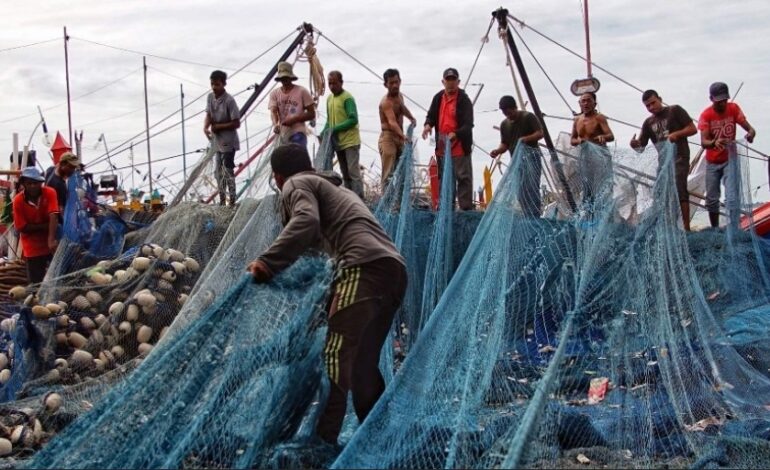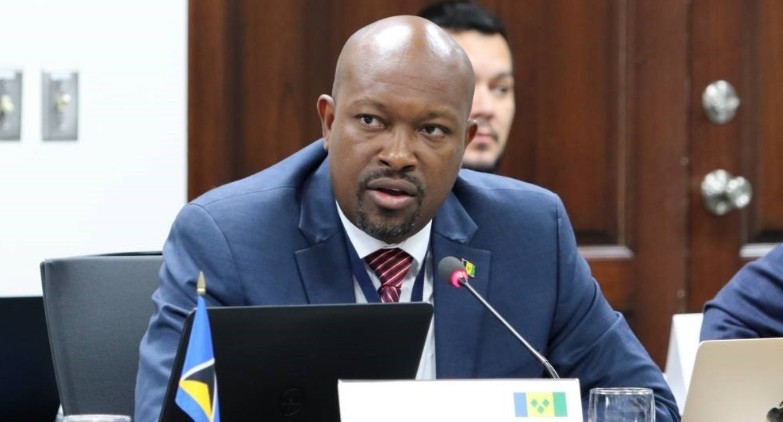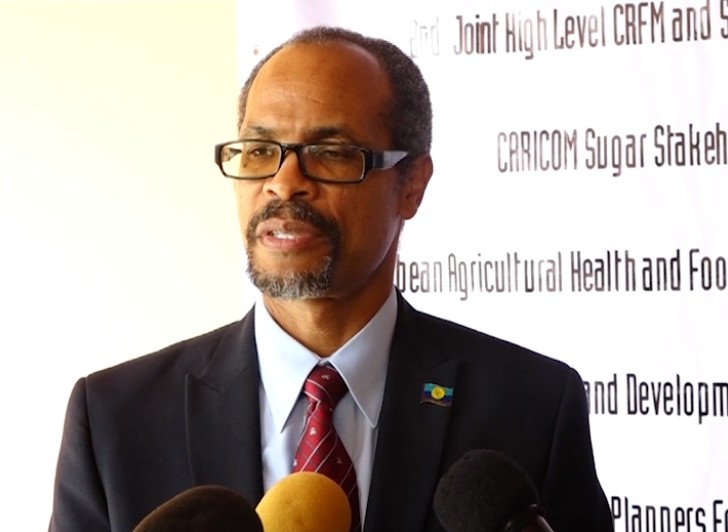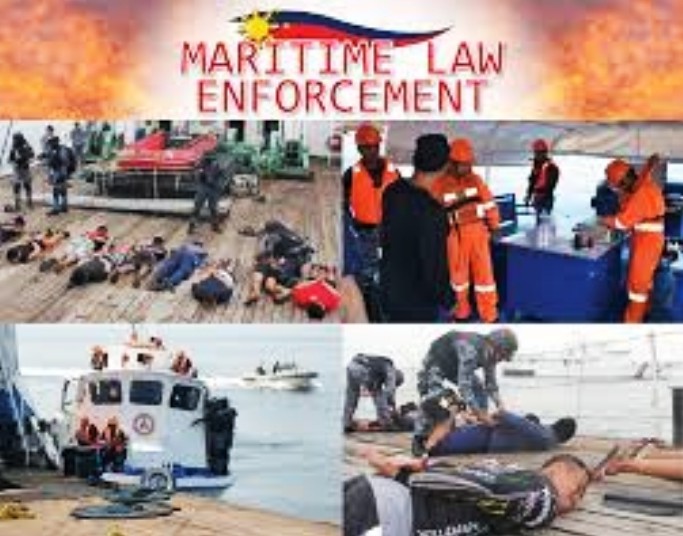
Avellon Williams
ST. VINCENT AND THE GRENADINES – The Caribbean needs to collaborate with international stakeholders to combat illegal, unreported, and unregulated fishing as well as organized crime in the industry, says Saboto Caesar, Minister of Fisheries of St. Vincent and the Grenadines.

Caesar, who is the chair of the Ministerial Council of the Caribbean Regional Fisheries Mechanism (CRFM), told a technical meeting on this topic that global efforts have been made to combat illegal, unreported, and unregulated fishing, and its member states have maintained their responsibility in this regard.
“It is our quest in the Caribbean to partner with all international agencies to ensure that we reduce criminal activities when it comes to the Blue Economy. We intend to work with regional and international partners and other friendly governments such as Norway… because every member state in the global community must play an important role.”
His remarks were made at a meeting organized by the CRFM along with the Caribbean Regional Fisheries Mechanism (CRFM) and Caribbean Community Implementation Agency for Crime and Security (CARICOM IMPACS).

Milton Haughton, the executive director of the CRFM, noted the seriousness and impact of illegal and criminal activities in the fisheries sector and expressed the CRFM’s appreciation for Norway’s commitment to sustainable ocean resource use through the Blue Justice Initiative and the Copenhagen Declaration. As a result, he thanked Norway and the United Nations Development Program (UNDP) for their help in addressing “this intractable problem”.
According to the organizers, the meeting marked a crucial milestone in the region’s efforts to strengthen its response “to this very challenging and costly problem”, with coordinated action at national and regional levels, and the support of Norway and the UNDP under the Blue Justice Initiative.

CRFM and its partners, both at the CARICOM and international levels, have committed to increasing their collaboration using modern digital technology, to strengthen the region’s response to illegal fishing and transnational organized criminal activities, such as drugs, human and small arms trafficking, trade-in contraband goods, document fraud and forgery, tax crimes, and money laundering, which use commercial and recreational fishing as a cover for their activities.
At a high-level meeting held by CRFM ministers last October, 12 members states signed the Copenhagen Declaration, an international declaration on transnational organized crime in the global fishing industry.
As a result, they have endorsed the Blue Justice Initiative, which supports developing countries in operationalizing the Copenhagen Declaration, which aims to “promote a sustainable and equitable blue economy for all, free from fisheries crime”.

The purpose of the technical meeting of senior officers of the fisheries and maritime law enforcement agencies is to identify priority measures to improve regional and international cooperation toward combating and eliminating IUU fishing and transnational organized crime in the fishing sector.
As a result of the deliberations, a statement was released stating, “The event marked an important milestone for the Caribbean region in combating the scourge of crime related to the fisheries sector.”
It said approximately 90 people attended the virtual session that featured speakers providing information on the Blue Justice Initiative, the Copenhagen Declaration, the UNDP Blue Resilience Project, and its use of digital technology, institutional cooperation, tools, and techniques to detect and analyze fisheries crime.





Recent Comments